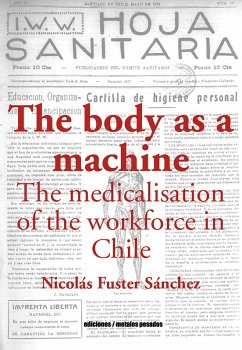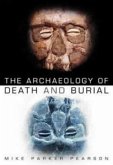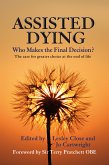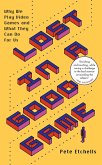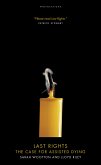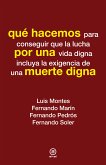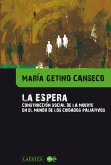The book "The body as a machine" explores the historical process of medicalisation in Chilean society, mainly focusing on the labour force. It highlights the transformation of medicine from a private sphere concerned with individual care to a social phenomenon encompassing various collective dimensions. The book argues that the rise of the liberal oligarchic state, rural-urban migration, and the emergence of a professional medical elite contributed to the socialisation of medicine in Chile. This process involved the standardisation and regulation of the population through medical interventions and establishing a comprehensive healthcare system.
Dieser Download kann aus rechtlichen Gründen nur mit Rechnungsadresse in A, B, BG, CY, CZ, D, DK, EW, E, FIN, F, GR, H, IRL, I, LT, L, LR, M, NL, PL, P, R, S, SLO, SK ausgeliefert werden.

